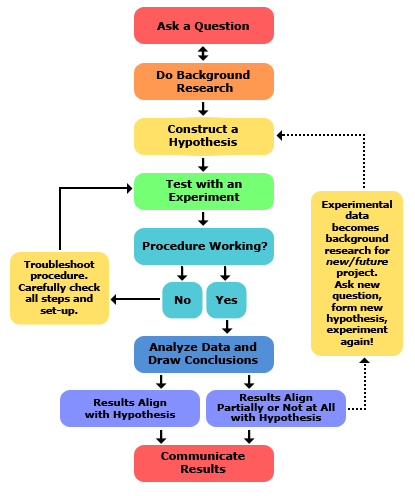Where would you go for sound nutritional advice? Maybe one of the following…
- a social influencer who is promoting a particular product?
- a friend has mentioned something that was really working for them and suggests you give it a try?
- a report in a magazine is covering a study extolling the virtues of a ‘super food’?
Here are some things to be mindful of, or to question, before you commit to that advice…
- social influencers often partner with brands to promote their products, making money in the process
- do you know if the source of your friend’s information is reliable
- be skeptical where claims of research amount to a single study, an unpublished study or study published in an untrusted source
If you are looking for ways to improve or change your diet you are likely to find an unprecedented amount of misleading, inaccurate or downright false information readily available on the internet. This article discussing fad diets and linked here from the British Dietetic Association gives many more examples of ‘unrealistic and unsustainable’ claims to be wary of.
Here is another very informative factsheet sourced from mynutriweb.com written by the nutrition team at Huel. The writers debunk a series of common nutrition myths. They also indicate how to spot misinformation on social media and advise how to critically appraise the information you are presented with. However, please don’t despair. Trusted sources of information do exist and have been nominated in the factsheet. These are transcribed and linked below:-
- The British Nutrition Foundation
- The Association for Nutrition
- The British Dietetic Association
- The Nutrition Society
- MyNutriWeb
- The Academy of Nutrition and Dietetics
- The Institute of Food Science & Technology
- Nutritionists registered with The Association for Nutrition (linked above)
- Experts registered with The Health and Care Professions Council
Good Science
Nutrition is multifaceted as are populations. Many dietary patterns exist which feed people of differing age, gender, ethnicity, health status and energy requirements. Evidence upon which nutritional recommendations are made may come from epidemiology, human or animal trials, or from investigations at the cellular or tissue level.
The knowledge base for all governmental nutritional policy, medicine, therapy and health promotion is provided by research. This is obtained through sound scientific method proving or disproving a hypothesis using suitable experimental design and appropriate interpretation of resulting data – see Figure 1 below. Obtaining funding and publishing results from such research takes time and a significant monetary investment.
Figure 1: A schematic of the scientific research process

Source: sciencebuddies.org
More to follow…
